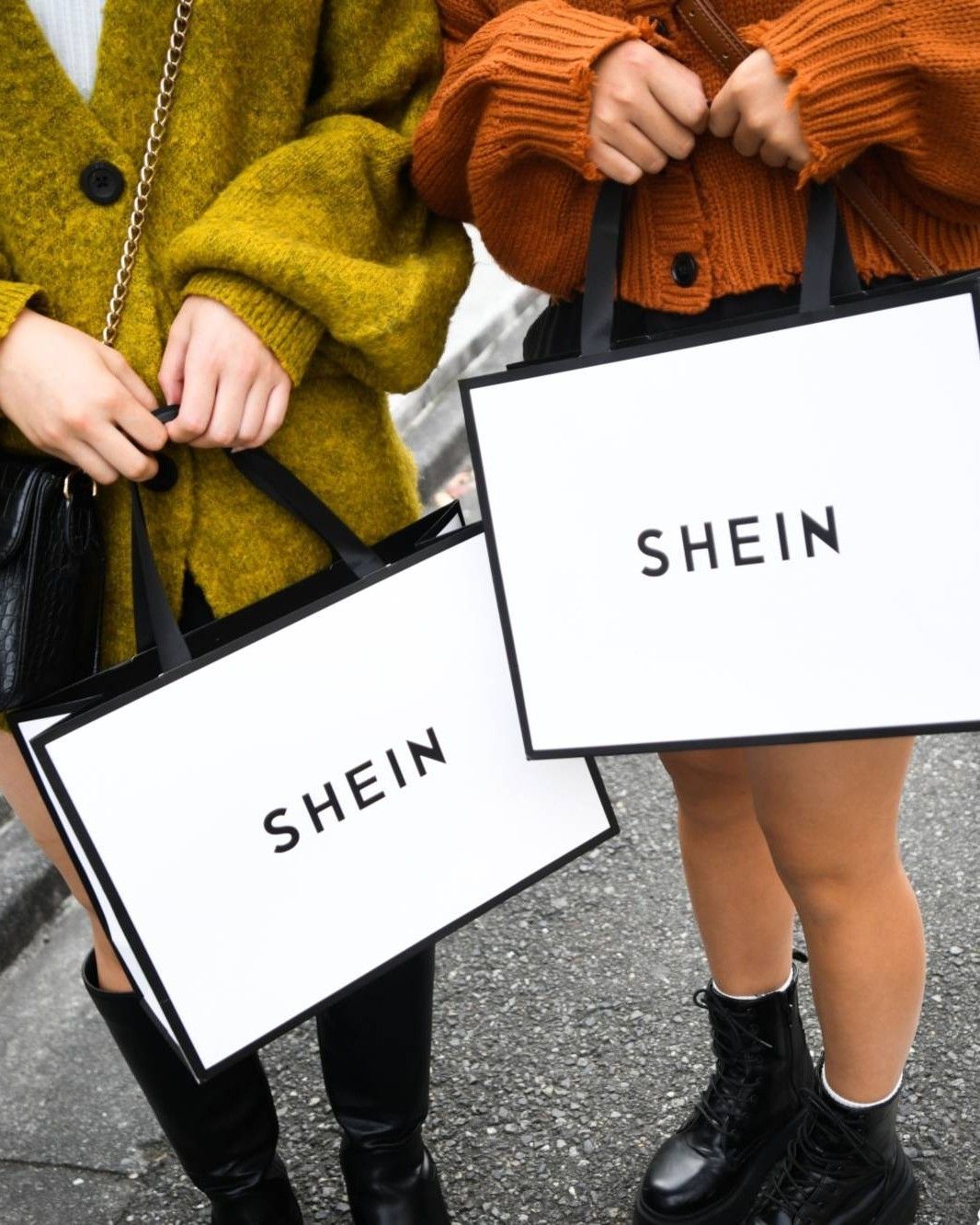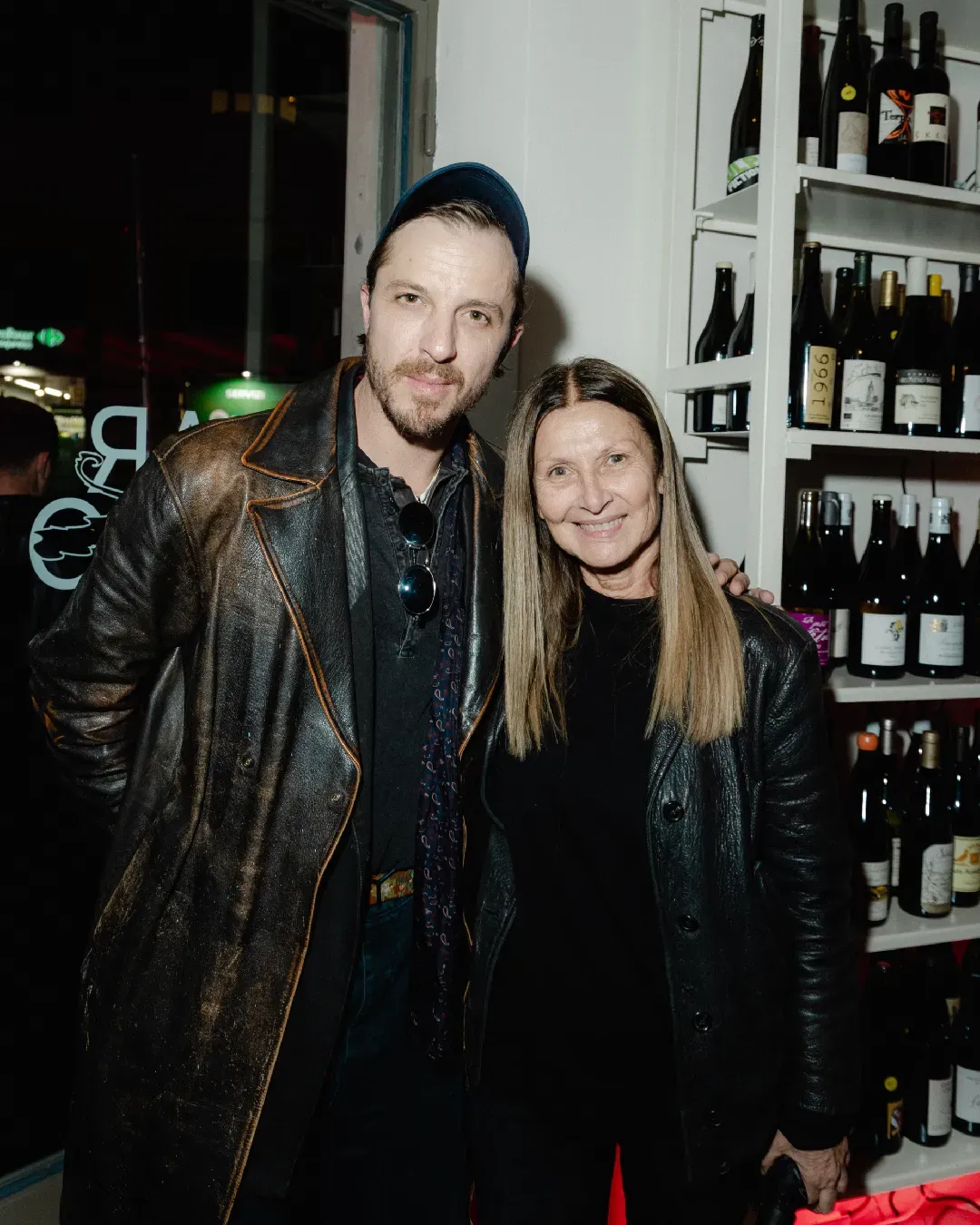
COS to open its own reselling website A platform where to sell and buy the brand's old items
Over the last few months, there has been a lot of talk about the future of fast fashion, one of the industries most affected by the health emergency, due to a rather dramatic pre-existing situation. H&M seems to be in the worst conditions, and to restart it's now planning new strategies and specific collaborations.
As nss magazine reported a few weeks ago, COS, another brand belonging to the Swedish giant, is also in hot water, due to an outdated business model and stagnant creativity.
In a quite unexpected move, COS has announced today that it will open a reselling website, simply called Re-sell, where it will be possible to sell and buy old items of the brand. The brand will sell a selection of archival items, but in general, the platform is designed for private users, who will be able to sell - and buy - used items of the brand deciding their price, while COS will take a 10% commission on each transaction. COS is, therefore, one of the first major brands to open a reselling platform for its products.
The issue of sustainability
In announcing the creation of this platform, which will be online next month, COS described it as a circular initiative, oriented towards environmental sustainability and born with the aim of prolonging clothes' life.
For several years now, the H&M group has been harshly criticized for its poor sustainability, even more sharply after the scandal a few years ago about the tons of unsold goods being burned. For many, this initiative would be nothing more than an advertising move, but one that will have a minimal impact on the production and sales of H&M. The real crux of the matter, which H&M is reluctant to resolve, is, in fact, that of over-production, which is the cause of all the problems of unsold goods. It is not clear whether with the creation of this website and with the introduction of this circular philosophy, COS production will be slowed down as well or if it will continue to produce the same amount of items as before. Reselling is also the most basic form of circularity, and the easiest to adopt, but a deep revolution when it comes to the business model is expected from a giant like H&M, from the design of the clothes to their production.
In fact, in order for the website to work, COS too will necessarily have to produce quality garments that last over time, boasting a potentially timeless aesthetic. The brand's team of designers announced that by 2030 all garments will be made of completely recycled or sustainable materials, without adding further details. In general, it will be a rather difficult challenge for a brand built on seasonal trends and used to alternating different collections at a very fast pace.
The resale business
COS is, therefore, the first major brand to launch its own resale platform, a very significant move because, in fact, it symbolizes a sort endorsement of the very concept of reselling. In the sneaker world, this step has been taking place for some time now, think of Foot Locker's $100 million dollar investment in the GOAT Group, the company that controls two of the most important resale brands in the world, GOAT and Flight Club, or the Stadium Goods acquisition by Farfetch for $250 million. The success of companies such as TheRealReal and Vestiaire Collective testifies to the growth of the sector, so much so that GlobalData has predicted that the value of the resale market will grow from $24 billion in 2018 to $51 in 2023.
COS's endorsement of this field could open the brand to a new audience of consumers, while at the same time it could be the most suitable tool to strengthen and expand the fan base. However, it should not be forgotten that the success of reselling is based on the exclusivity of the products, on their scarce quantity, on their being apparently unattainable, in particular, if produced by brands with a certain status, all elements antithetical to the very nature of the fast fashion industry.






























































